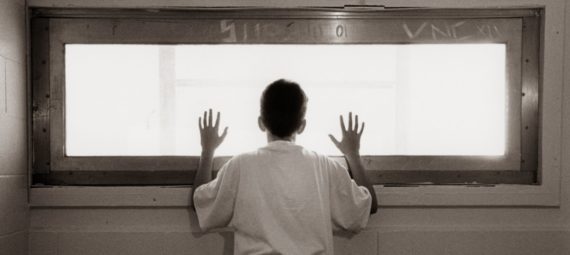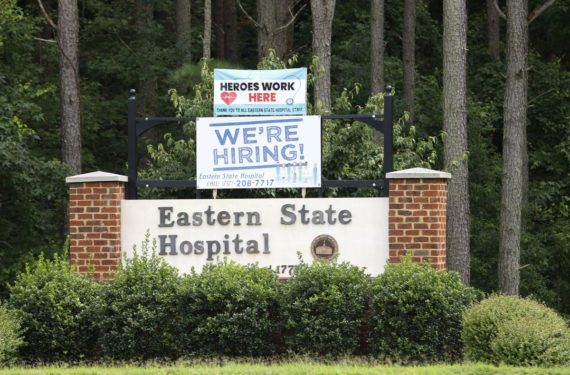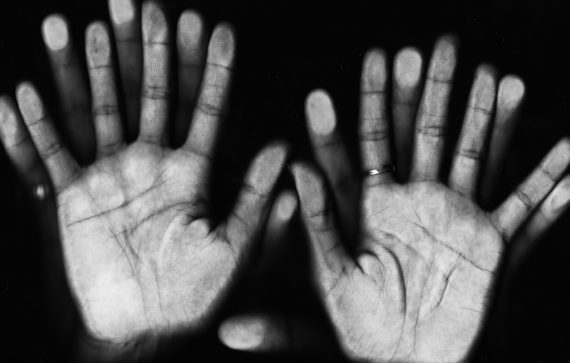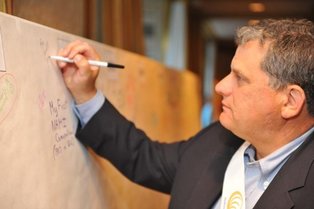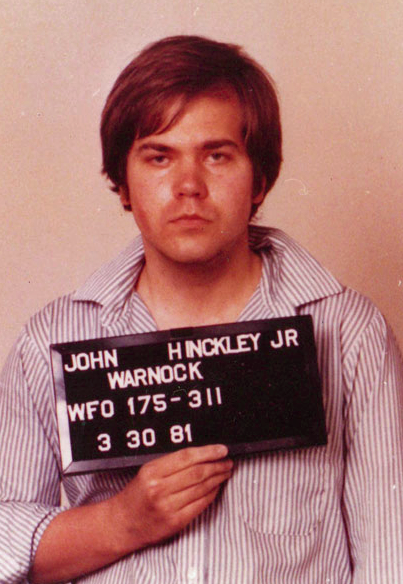
(10-4-21) Does the public believe a defendant judged by a court to be criminally insane can ever recover?
A federal judge recently ruled that John Hinckley Jr., who tried to assassinate President Ronald Reagan four decades ago, can be freed from all remaining restrictions next June if he continues to follow the court’s rules and remains mentally stable.
I clearly remember March 30, 1981 when Hinckley wounded Reagan, police officer Thomas Delahanty, and Secret Service agent Tim McCarthy. He also critically wounded Press Secretary James Brady, who was permanently disabled in the shooting and died from his injuries 33 years later. I was a young reporter at The Washington Post and assigned to write a story about the .22 caliber handgun and ammunition that Hinckley used.
Public furor over his Not Guilty By Reason Of Insanity prompted calls to rewrite the standards used for such pleas, and news that Hinckley now will be released after forty years, ignited another fierce debate.
Judge Paul L. Friedman said Hinckley, now 66, has displayed no symptoms of active mental illness, no violent behavior and no interest in weapons since 1983.
“If he hadn’t tried to kill the president, he would have been unconditionally released a long, long, long time ago,” the judge said. “But everybody is comfortable now after all of the studies, all of the analysis and all of the interviews and all of the experience with Mr. Hinckley.”
One individual who is not “comfortable,” is President Reagan’s daughter, Patti Davis, who wrote an OP in The Washington Post opposing Hinckley’s freedom. She strongly criticizing Hinckley’s attorney, Barry Levine, who she wrote: “worked the system from the beginning and, finding a judge who was sympathetic to them, made this day inevitable.”
